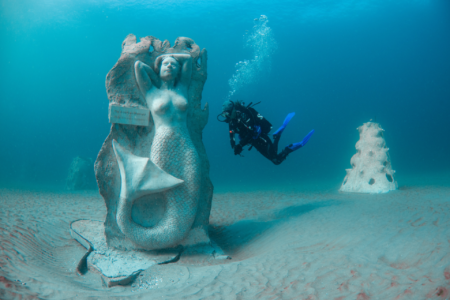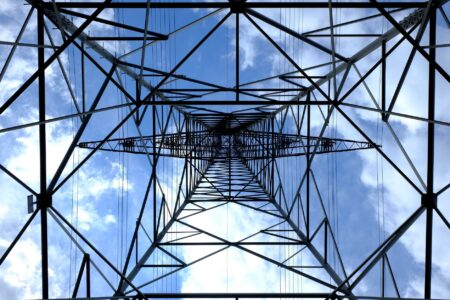
Green Success Stories sat down with Jennifer Loudon, the Founder/CEO at Intelligent Water Services, to learn about the value of water.
Jennifer, thank you for being here. Tell us a little bit about you and your background:
I am a passionate ‘water warrior’ connecting water/wastewater utilities with digital solutions to help them become utilities of the future as part of smart cities. My educational background is in Marine Biology and Environmental Sciences, and I have 20 years of laboratory experience. During those 20 years, I found myself saying “there has to be a better way of doing this!” so I founded my company, Intelligent Water Services, to address some of the common digitization-related issues utilities face.

What would you do with $1 Billion dollars?
Start a wildlife sanctuary, covering both terrestrial and aquatic species. Also, buy an historic schooner, fix her up, and take her around the world helping people fall in love with sailing.
Why do you think sustainability is such an important topic today?
Unless we think about everything in terms of how sustainable that something is, we are setting ourselves up for failure. The world’s resources balance on a fine line; it’s in humanity’s best interest for our global citizenry to benefit from those resources, so it would be foolish for us to completely ignore that they exist; it’s also in our best interest to extend that benefit for as long as possible (if not indefinitely), so we can’t take advantage of them with abandon. We have to find balance, and equity, in how humanity progresses. With media outlets (news, social, etc.) having global reach thanks to advances in technology, we physically see the disparity around the world, we see with our own eyes the consequences of poor decision making when it comes to our natural resources. We can no longer claim ignorance.
What do you envision your industry looking like 10 years from now?
Ideally- every person on Earth has easy and reliable access to clean drinking water and sanitation services, and those facilities are interconnected to allow for watershed-level water quality and quantity control. Realistically- we have at least gotten back to where global accessibility was before COVID, and all water/wastewater utilities currently deploying automation have started using the industrial control system that Intelligent Water Services is creating ;).
What can the average person do to make a difference?
There’s a slogan in the water industry- “Water’s worth it”- which poses the question of what is water worth to you? Is easy and reliable access to clean water and sanitation worth paying an extra $50 a quarter on your bill? Is it worth spending half of your daytime hours trying to find? Is it worth going to war over? So, the ‘average’ person can ask themselves “what is water worth to me?” Changing actions will only be sustainable if there is a change in mindset first.




